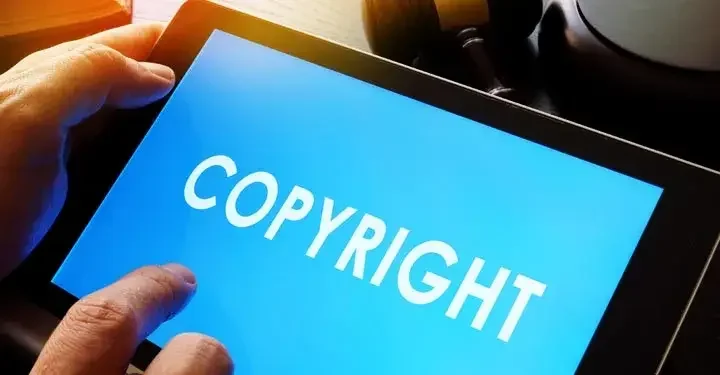Whenever a person creates a work that is copyrightable, such as a book, poem, or song, they immediately own the copyright to the work. Use of that work without the owner's permission is called infringement. If it's not possible to determine the copyright holder for a work, that work is considered an orphan work, although it is still protected by copyright law. If someone uses an orphan work, the copyright owner has the right to sue for infringement, even if the owner could not be located at the time of the usage.

The orphan works problem
When an owner can't be located, someone who wants to use the work can't obtain permission to do so. The choice becomes either not using the work or using it while understanding that the owner might later appear and file a copyright infringement suit. The person who used the work without a license, a document that grants permission to use a work, may then have to pay damages, even though they tried to locate the owner and couldn't.
If you are the owner of a creative work, one way to solve the orphan works problem is to register your copyright. Copyright exists from the moment of creation and, although you are not required to register the copyright, doing so not only gives you stronger enforcement rights but means your work can be traced to you should anyone wish to license it.
Orphan work law
Copyright is covered by the Copyright Act of 1976. Although there isn't separate legislation for orphan works, the U.S. Copyright Office issued a 2015 report entitled Orphan Works and Mass Digitization, which called for updates to the act to address orphan issues. The report recommended a law that would limit the liability for use of an orphan work if good-faith due diligence was used to try to locate the owner.
The report also suggested a system in which someone who wanted to use an orphan work would need to file a notice of use with the Copyright Office so there would be a record of the search and the use. Such a system could lead to the creation of an orphan works database or registry that would enable creators to determine if their work has been used and, subsequently, receive payment for a license.
Mass digitization
The 2015 report also addresses the problem of mass digitization, which was seen in Authors Guild, Inc. v. Google, Inc. (2015). Google undertook a massive effort to digitize millions of books and make them available online in a searchable format. The Authors Guild sued Google, alleging infringement on behalf of the authors. The case ultimately ended with a settlement, with Google paying out fees for the books it used.
The Copyright Office referenced the Google case in its report, suggesting that an extended collective licensing (ECL) system should be set up as was discussed—but not agreed upon—in the case. An ECL would require users to pay a fee to access a certain number of full-length works online. Funds would then be paid to the copyright owners.
The relationship between orphan works and mass digitization
Although orphan works and mass digitization may seem like two completely separate situations, they do have one trait in common: using a copyrighted work without obtaining a license. Any system set up to create licensing solutions for one situation would likely need to encompass the other as well. Future changes to copyright law are likely to address both situations.
Currently, there is no system in place to track the use of orphan works, through digitization or other means, but specialists in intellectual property believe one is needed. Until there are changes in the law, orphan works will continue to be a problem, presenting risk to those who use them and the lack of adequate compensation to those who create them.
Prevent your work from becoming an orphan by registering your copyright, either by doing so yourself or working with an attorney.

